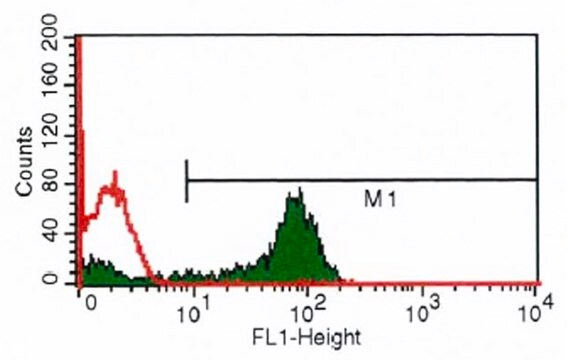24-1050
Acido perclorico
SAJ first grade, 60.0-62.0%
Sinonimo/i:
PCA
Autenticatiper visualizzare i prezzi riservati alla tua organizzazione & contrattuali
About This Item
Formula condensata:
HClO4
Numero CAS:
Peso molecolare:
100.46
Numero MDL:
Codice UNSPSC:
12352106
ID PubChem:
Concentrazione:
60.0-62.0%
Grado:
SAJ first grade
Prodotti consigliati
Grado
SAJ first grade
Stato
liquid
Impiego in reazioni chimiche
reagent type: oxidant
Disponibilità
available only in Japan
Concentrazione
60.0-62.0%
Densità
154 g/cm3
Stringa SMILE
OCl(=O)(=O)=O
InChI
1S/ClHO4/c2-1(3,4)5/h(H,2,3,4,5)
VLTRZXGMWDSKGL-UHFFFAOYSA-N
Cerchi prodotti simili? Visita Guida al confronto tra prodotti
Avvertenze
Danger
Indicazioni di pericolo
Classi di pericolo
Acute Tox. 4 Oral - Eye Dam. 1 - Met. Corr. 1 - Ox. Liq. 1 - Skin Corr. 1A - STOT RE 2
Organi bersaglio
Thyroid
Codice della classe di stoccaggio
5.1A - Strongly oxidizing hazardous materials
Classe di pericolosità dell'acqua (WGK)
WGK 1
Punto d’infiammabilità (°F)
Not applicable
Punto d’infiammabilità (°C)
Not applicable
Scegli una delle versioni più recenti:
Possiedi già questo prodotto?
I documenti relativi ai prodotti acquistati recentemente sono disponibili nell’Archivio dei documenti.
John Greenwood et al.
ACS nano, 9(5), 5520-5535 (2015-04-22)
We shine light on the covalent modification of graphite and graphene substrates using diazonium chemistry under ambient conditions. We report on the nature of the chemical modification of these graphitic substrates, the relation between molecular structure and film morphology, and
Dipanwita Das et al.
Journal of the American Chemical Society, 135(10), 4018-4026 (2013-02-28)
Catalytic four-electron reduction of O2 by ferrocene (Fc) and 1,1'-dimethylferrocene (Me2Fc) occurs efficiently with a dinuclear copper(II) complex [Cu(II)2(XYLO)(OH)](2+) (1), where XYLO is a m-xylene-linked bis[(2-(2-pyridyl)ethyl)amine] dinucleating ligand with copper-bridging phenolate moiety], in the presence of perchloric acid (HClO4) in
Dipanwita Das et al.
Journal of the American Chemical Society, 135(7), 2825-2834 (2013-02-12)
Selective two-electron plus two-proton (2e(-)/2H(+)) reduction of O(2) to hydrogen peroxide by ferrocene (Fc) or 1,1'-dimethylferrocene (Me(2)Fc) in the presence of perchloric acid is catalyzed efficiently by a mononuclear copper(II) complex, [Cu(II)(tepa)](2+) (1; tepa = tris[2-(2-pyridyl)ethyl]amine) in acetone. The E(1/2)
Kristiina Cajanus et al.
The journal of pain : official journal of the American Pain Society, 15(12), 1248-1256 (2014-09-23)
Most clinically used opioids are mu-opioid receptor agonists. Therefore, genetic variation of the OPRM1 gene that encodes the mu-opioid receptor is of great interest for understanding pain management. A polymorphism 118A>G (rs1799971) within the OPRM1 gene results in a missense
N Gyémánt et al.
British journal of cancer, 103(2), 178-185 (2010-06-17)
The multidrug resistance (MDR) proteins are present in a majority of human tumours. Their activity is important to understand the chemotherapeutic failure. A search for MDR-reversing compounds was conducted among various Betti-base derivatives of tylosin. Here, we evaluate the in
Il team dei nostri ricercatori vanta grande esperienza in tutte le aree della ricerca quali Life Science, scienza dei materiali, sintesi chimica, cromatografia, discipline analitiche, ecc..
Contatta l'Assistenza Tecnica.









